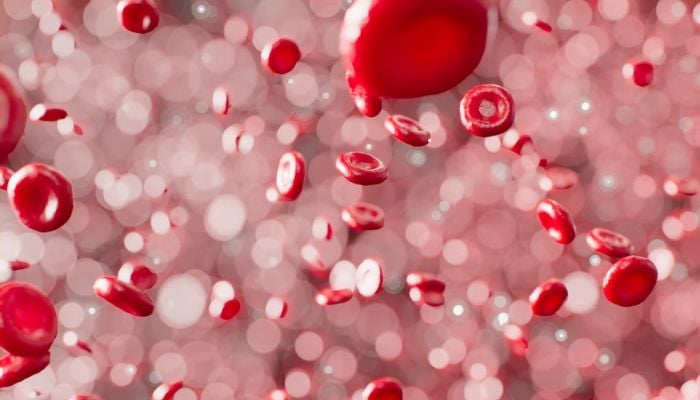Lab-grown blood transfused into patients first time in history
Experts working on project clarified that they did not want to replace human blood donations
For the first time in history, blood created in a laboratory was transfused into humans by researchers in the United Kingdom who believe this clinical trial could significantly improve treatment for those who suffer from blood disorders and have rare blood types.
In the first stage of the trial, two UK patients received a couple of spoonfuls of the lab-grown blood to see how the body reacts to it and how the blood performs, as per a report by the BBC.
The testing will now be expanded to 10 healthy volunteers who will take the blood for a few months. The researchers aim to understand the lifespan of these blood cells compared to actual red blood cells that are infused in people.
Experts working on the project clarified that they did not want to replace human blood donations. They said that most of the transfusions will always depend on regular people volunteering to give their blood. The main goal of the experimentation, they explained, was to develop rare blood types that are usually difficult to get hold of.
Dr Farrukh Shah, the medical director of transfusion at NHS Blood and Transplant, said that the research was laying the foundation for "the manufacture of red blood cells that can safely be used to transfuse people with disorders like sickle cell."
"The potential for this work to benefit hard-to-transfuse patients is very significant," he told the BBC.
The trial was led by NHS Blood and Transplant and researchers in Bristol, Cambridge and London.
Optimal use of technology was seen in the project. The artificial blood is tagged with a radioactive substance which is usually used during medical procedures. This substance helps researchers track the blood to figure out how long it stays in the body.
The next 10 volunteers will receive two transfusions of 5-10mls of lab-grown blood every four months to test the cells' lifespan.
However, researchers are worried about the financial and technological challenges, saying that the process of growing blood will be much more expensive than regular blood donation.
-
Gwyneth Paltrow discusses ‘bizarre’ ways of dealing with chronic illness
-
Halsey explains ‘bittersweet’ endometriosis diagnosis
-
NASA's Hubble Space Telescope discovers ‘Dracula Disk', 40 times bigger than solar system
-
Annular solar eclipse 2026: Where and how to watch ‘ring of fire’
-
NHS warning to staff on ‘discouraging first cousin marriage’: Is it medically justified?
-
Ariana Grande opens up about ‘dark’ PTSD experience
-
Dakota Johnson reveals smoking habits, the leading cause of lung cancer
-
Chris, Liam Hemsworth support their father post Alzheimer’s diagnosis












